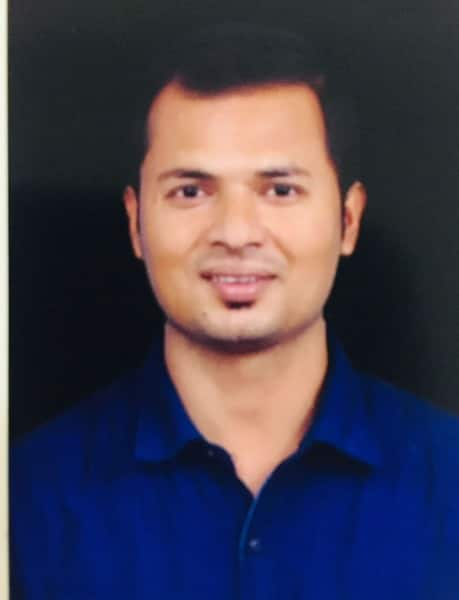synopsis
"France has always maintained its cooperation with India, even during the time when sanctions were imposed on the latter following the 1998 nuclear tests. That's why we have had so many decades of continuity, reliability and trustworthiness with this country," says Dr Swasti Rao, Associate Fellow at the Manohar Parrikar IDSA.
Prime Minister Narendra Modi is en route to France on a two-day visit during which he will participate in the country's National Day celebrations, also known as Bastille Day, on July 14. During his visit, a slew of announcements are expected to be made, including deals for 26 Rafale-M combat aircraft and three more Scorpene submarines. Asianet Newsable spoke to Dr Swasti Rao, Associate Fellow at the Manohar Parrikar IDSA, to understand the significance of Prime Minister Modi’s visit to France.
Explained: Why Rafale-M is best suited for India's aircraft carriers
“The Bastille Day is considered to be the national day of France. Unlike other countries where there is a tradition of inviting heads of foreign states as chief guests on their national day, France does not have a tradition of inviting somebody as chief guest every year. France makes an exception once in a while. But this year, we are celebrating the 25th anniversary of the India-France strategic partnership. France has chosen Prime Minister Narendra Modi to grace the occasion. It’s a symbolic gesture which shows the kind of importance that France also puts on our strategic partnership,” Dr Swasti Rao said.
A pre-eminent strategic partnership
“When we talk of France we always say that we have a deep strategic partnership. Basically what it means is France stood by India. Despite being a part of NATO and the Western bloc, France has always maintained its cooperation with India, even during the time when sanctions were imposed following the 1998 nuclear tests. That's why we have had so many decades of continuity, reliability and trustworthiness in this country. The trust factor is very-very strong when it comes to the India-France relationship,” Dr Swasti Rao said.
“India and France basically collaborate around three areas -- space, civil nuclear energy and defence. All these three verticals are extremely strong and form a very core basis of our foreign policies in many ways.
Space cooperation: Earlier, we were only doing a lot of launches and France was helping us. Though we could not do those launches from our side we were doing it from the French side. Now, we are entering into a time when the space domain is very militarized. So there is a need to develop a security architecture in space. India recently came up with a doctrine where we want to become an aerospace power. We have launched a strategic space dialogue and a lot of fundamental things are happening, which will take this collaboration to the next level.
Nuclear energy: France is a major nuclear power in Europe and most of its energy requirements come from nuclear energy. They already have 30-40 odd nuclear reactors which is the highest in Europe. So that there is a lot that we can gain from France in that respect as well.
Defence cooperation: It is not a typical buyer-seller relationship. France is also one of the first advanced countries to realize India’s defence stature requires a joint venture kind of programme, co-production. We have started defence procurement procedure reforms, we have started Make-in-India initiative and are trying to add value in India and all those pursued for the defence ministry. France has been very forthcoming in helping India. Even during this trip, the prime minister is going to sign a certain number of deals. We are going to buy another set of Rafale combat aircraft for the Navy and another engine deal for fighter jets is in the pipeline, which also includes transfer of technology. As per reports, it would be 100 per cent Transfer of Technology (TOT). I believe that no one is going to give you 100 per cent ToT. These developments are very-very critical. That is what India is actually looking at; we are not simply looking at only buying weapons from here and there."
Calling the India-France relationship a very dynamic one, Dr Swasti Rao said: "The cooperation is very deep along these verticals but the ties are also evolving in other emerging areas. Those emerging areas are green hydrogen production, maritime domain awareness, demands for Global South, and IMF reform among others.”
PM Modi's France Visit: There's more beyond the Marine Rafale and Scorpene
)
 subscribe to Asianet News Whatsapp channel by clicking here.
subscribe to Asianet News Whatsapp channel by clicking here.